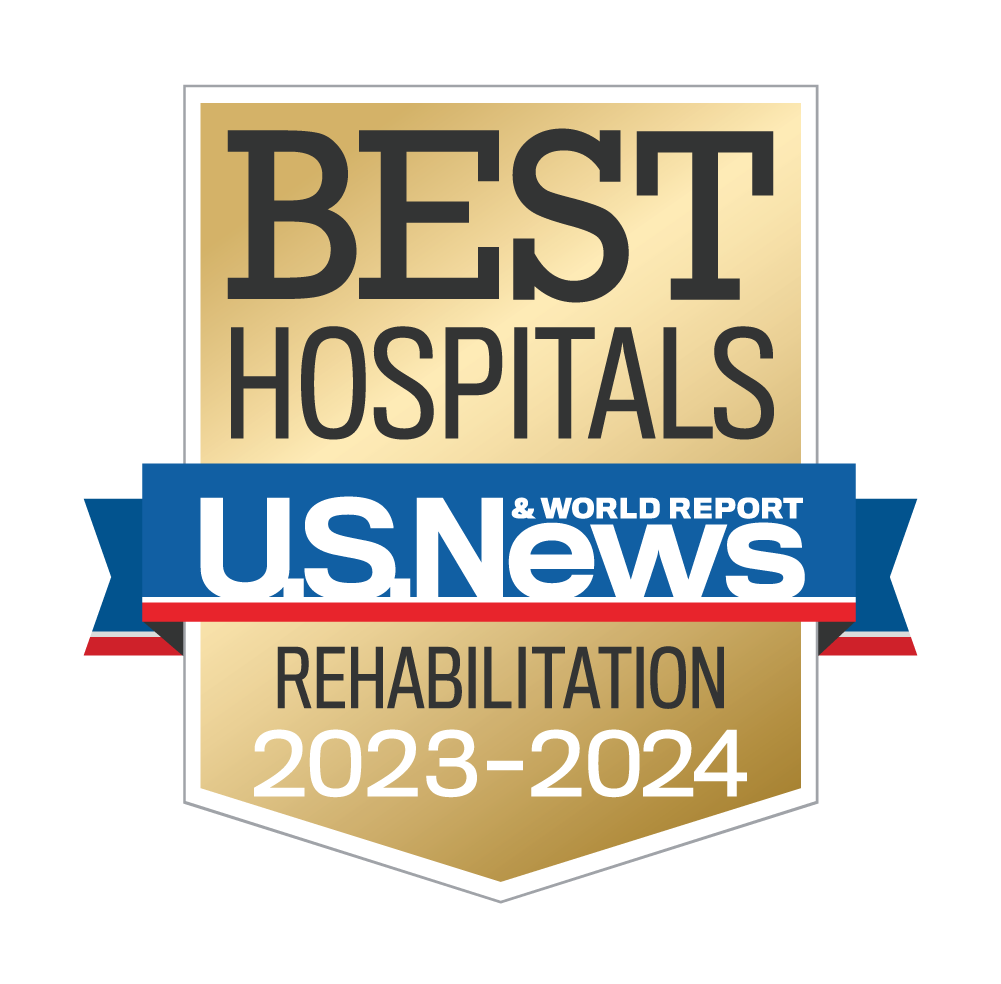The purpose of the program, according to the Michigan Department of Health and Human Services website, is "to highlight people with developmental disabilities who have community-integrated jobs."
Mary Shehan-Boogaard, the community inclusion coordinator for the Michigan Developmental Disabilities Council who helps organize the Take Your Legislator to Work campaign, said that this year 15 legislators from the Michigan State Senate and the Michigan House of Representatives across both parties participated in the program.
"Nobody had a bad visit," she said.
Parten is a limited licensed social worker and currently works with the Michigan Medicine Department of Physical Medicine & Rehabilitation (PM&R) on research projects concerning the gynecologic and reproductive health of women with physical disabilities. She also manages the social media presence for the Michigan Spinal Cord Injury System.
Abdullah Hammoud, who represents the 15th District in the Michigan House of Representatives and Morris Hood, who represents the 3rd District in the Michigan Senate joined Parten at her office in Ann Arbor to see where she works, what accommodations have been made to make that work possible, and to participate in a roundtable discussion with Parten, Shehan-Boogaard, PM&R department administrator Linda Grosh, and PM&R's director of research Claire Kalpackjian, about the balance Parten faces managing her health, transportation logistics, and keeping up with the different services she uses to maintain her independence.
"For me," Parten said. "I always knew what I wanted to do. But I'm not sure that's the typical experience."
Opportunity Should Knock For Everyone
Parten was born with Escobar Syndrome, a rare genetic syndrome that affects every joint in her body as well as most of her muscles, says she is part of the first generation to grow up with the Americans with Disabilities Act and told Hammoud and Hood that she is happy she works for an employer committed to making the accommodations needed for her to do her job and wants to make sure other residents in the state with disabilities are offered the same opportunities.
Shehan-Boogaard emphasized Parten's point. "For many generations, individuals with disabilities, the thing you could do was work in a sheltered workshop – a segregated setting – versus thinking about what are the things that really bring me joy, what are the things that don't bring me joy, and what kind of career would I be interested in, and what kind of support would I need to get there."
In addition to getting a feel for Parten's specific job and accommodations, Senator Hood and Representative Hammoud discussed other issues with the group such as the disability wage gap, educational initiatives, and potential policy solutions to problems facing individuals with disabilities. Hammoud said the visit was helpful particularly to see how easy some of the accommodations can be to make. When most legislators, according to Hammoud, hear that accommodations need to be made to an office, they assume the price tag will be high. But seeing that something as simple as using a shower grab bar attachment to make Parten's door easier to open can be eye opening.
"The closing of the door," Hammoud said. "That's something that will stick in my head forever."
Shehan-Boogaard noted that many accommodations made in a workplace for individuals with disabilities are also beneficial to the other employees as well such as color coding systems and automated door openers. Parten emphasized the importance of meeting with the legislators face-to-face.
"I want them to remember me when making decisions about things like Medicaid funding since I rely heavily on those services," she said.
Hammoud and Hood stressed the importance of relationships in getting things accomplished and that a program like Take Your Legislator to Work is a good option. But both also said that those looking to change things in the government face better odds when they take the initiative to visit legislators themselves.
"When you have someone from your district coming, your ear opens up a little more," Hood said.


